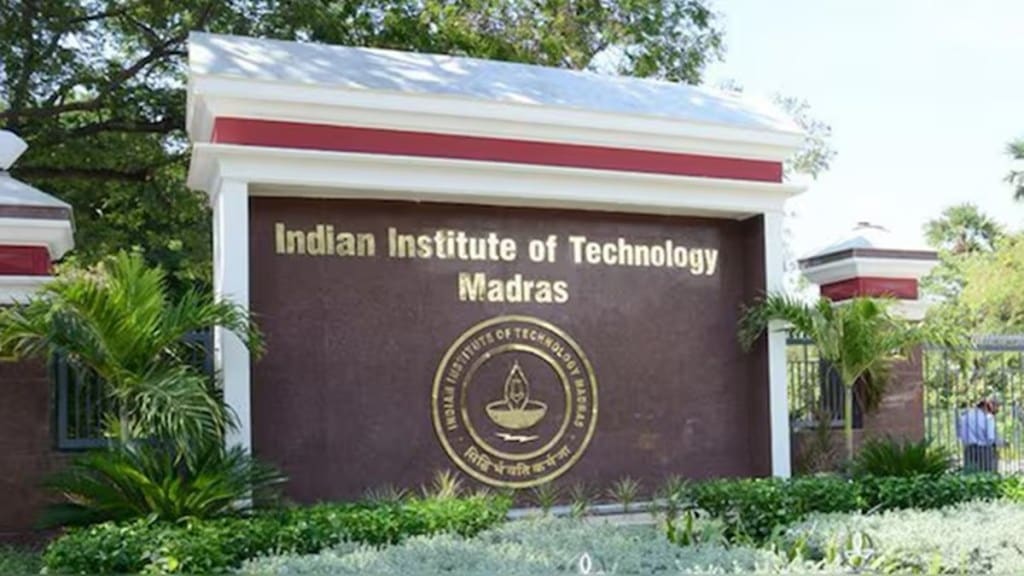Indian Institute of Madras (IIT-M) and Hindustan Zinc have signed an MoU to develop a 1 kWh electrically-rechargeable zinc-air battery prototype, as part of their goals to develop sustainable energy solutions.
Zinc-air batteries are emerging as a viable alternative, known for their long-duration storage capabilities, durability and potential to be a more affordable alternative to lithium-ion batteries. Compared to lithium, which is over four times more expensive, zinc offers a more affordable solution with superior performance attributes.
Arun Misra, CEO, Hindustan Zinc, said, “Zinc, a critical metal across numerous industries, is set to play a crucial role in the global energy transition. Our metal offers a sustainable and economically viable alternative to lithium in energy storage technology.”
“Our partnership with Hindustan Zinc allows us to leverage our expertise in zinc-air battery research and their industry leadership in metals to develop innovative solutions that act as significant energy storage systems for EVs and stationary storage systems,” said Prof Aravind Kumar Chandiran, head of Hyundai Hydrogen Innovation Hub and faculty in the Department of Chemical Engineering at IIT Madras.
An expert in energy storage solutions, Chandiran’s research team has developed a prototype rechargeable zinc-air battery and holds three Indian patents for innovations in leak resistance, anode recharging and anode replacement design.








